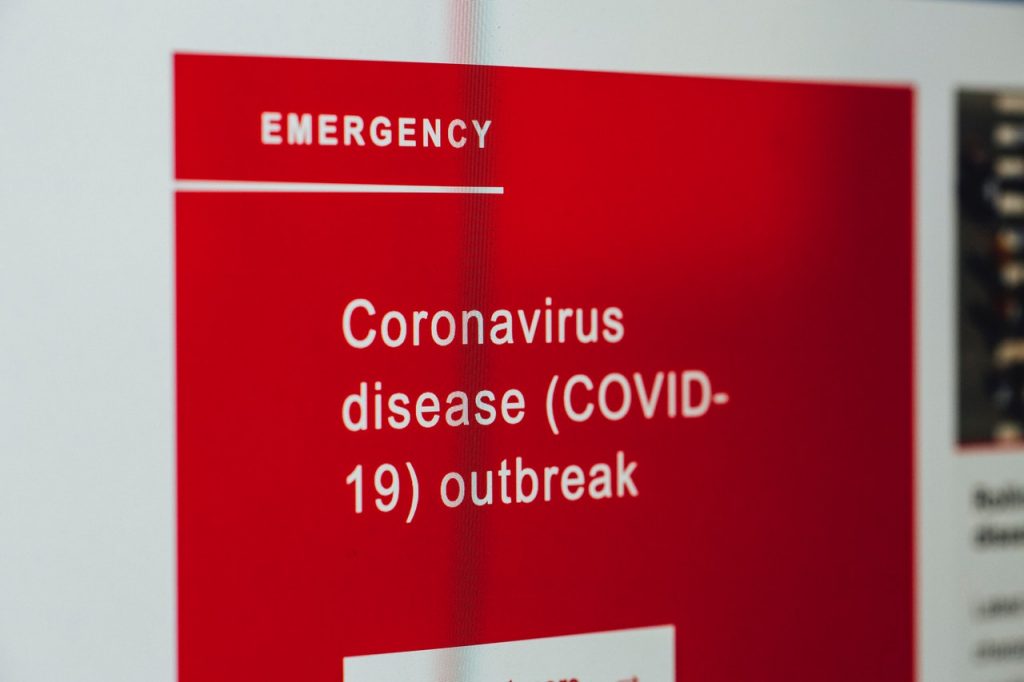Upcoming Conferences
Call for papers for the 1st “Historicising the pandemic” Conference, 19-20 February 2023
Keynote Speaker: TBA
Abstract Due Date: 20 January 2023
RegisterThis conference brings together academics, historians, linguists, medical practitioners, philosophers, ethicists, and humanists from a wide variety of fields, for a collaborative, multidisciplinary exploration of how the pandemic has been represented, depicted and understood. Abstracts are peer-reviewed. Themes and issues for the conference include, but are not limited to:
Stream A Pandemic voices and narratives
The pandemic is a multi-perspective narrative told by a diversity of observers and participants, including historians, scientists, journalists, artists, film-makers, politicians, social media influencers, anti-vaxxers and conspiracy theorists, to name a few. All these voices define and evaluate its characters, scenes, episodes and plot twists differently. How do we balance the scientific and the human dimensions of this event? How can we give its epistemological, anthropological, sociological, cultural and ethical dimensions their due? What language should we use, what terms should we avoid? How far can statistics, data and documents tell the story? What frameworks, concepts and paradigms apply? How has it been constructed in popular discourse? How far have politicians co-opted the story for their own ideological purposes? How well has the media done, in conveying experiences, realities and priorities? How should the textbooks of 2030 define key events and represent major actors? What did we learn? When we eventually move away from this painful historical episode, what were our errors, and what stopped us correcting them? What about next time? How can we communicate these insights to government, relevant decision-makers, and the public?
Stream B Language, metaphor, narrative and the pandemic
Language has been explored, employed, contested, condemned and politicsed in the pandemic. Language teaching and learning has been interrupoted, diverted and moved online. The language of leadership has been scrutinised, and often found wanting. Public health communication has been inventive, across diverse modalities and platforms. Researchers have analysed the ways in which Covid metaphors, such as war and fire, waves and heroes, involve us in thought patterns which shape our beliefs and social behaviour. Pandemic narratives have returned to the language of Frankenstein, science has taken its place with art as character, figure and plot device. We welcome papers exploring these issues, and more. We welcome experience narratives from people working in any role or field. What was the experience like? What were the problems? What were the communication issues? For more information on putting together an experience narrative, please see here.
Stream C Making the meaning of the pandemic
What should we say about what the 2020 pandemic means, shows, or illuminates? Fundamental historical concepts have been contested during the pandemic – causes and origins, actors and their effects, evidence and its interpretation, chronological development, mainstream and marginal voices and communities, complexity, contingency, continuity and change, nature and characteristics, scope and significance. How was meaning attributed in past epidemics, and how are we different? How much and what kind of difference does science make? How do these meanings vary between individuals and communities? How has the pandemic changed our understanding of daily life, in areas such as work, public health, contact, contagion, cure, solidarity, travel, and geopolitics? What are the problems with official narratives? What are the issues with alternative accounts? How do the processes of attributing meaning and drawing conclusions interact with cultures, religions, ethics and identities? What should we communicate to future generations?
Stream D Data analytics
In order to explore responses to the pandemic, we are soliciting research cooperation from academics and practitioners of all kinds. These papers use data from recorded structured interview questions, and evaluate this data with sentiment analysis software. Conference participants interested in cooperating with this effort will publish papers in a journal special issue with HEDRA advisory board members. If you are interested in this, please click here.
The conference welcomes abstracts from academics and researchers working in linguistics, history, philosophy, medicine, social sciences, business, and others. We also welcome experience narratives, case studies, and situation reports from members of the public, people working in any related field, and specialists. You can find more information on this here. Participants will be able to watch a plenary session, and participate in a live-stream round table, and a conference round table discussions.
Register
